Fluorescent nano-sized diamonds give a better glimpse inside cells.
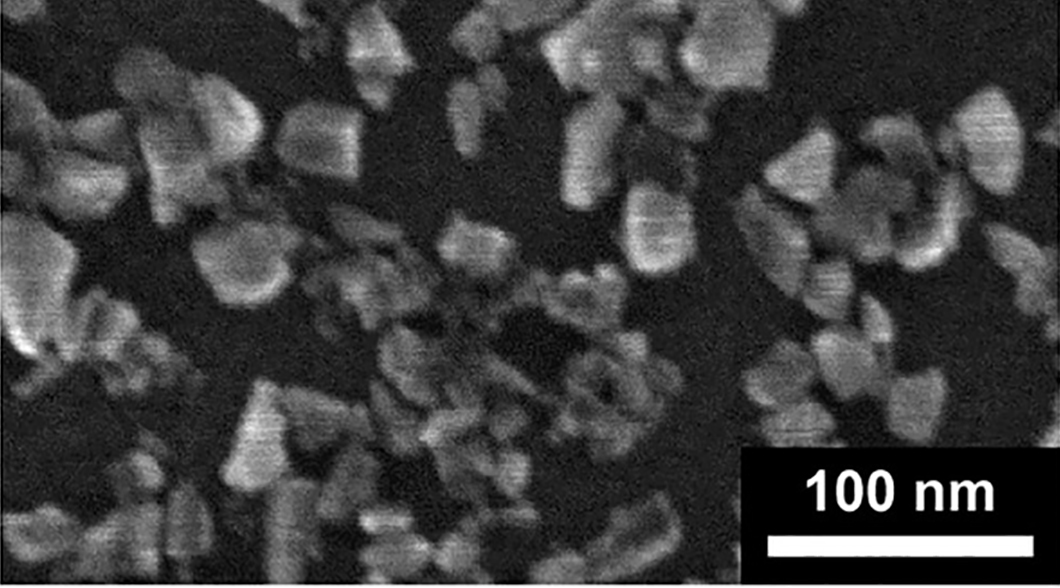

Fluorescent nano-sized diamonds give a better glimpse inside cells.
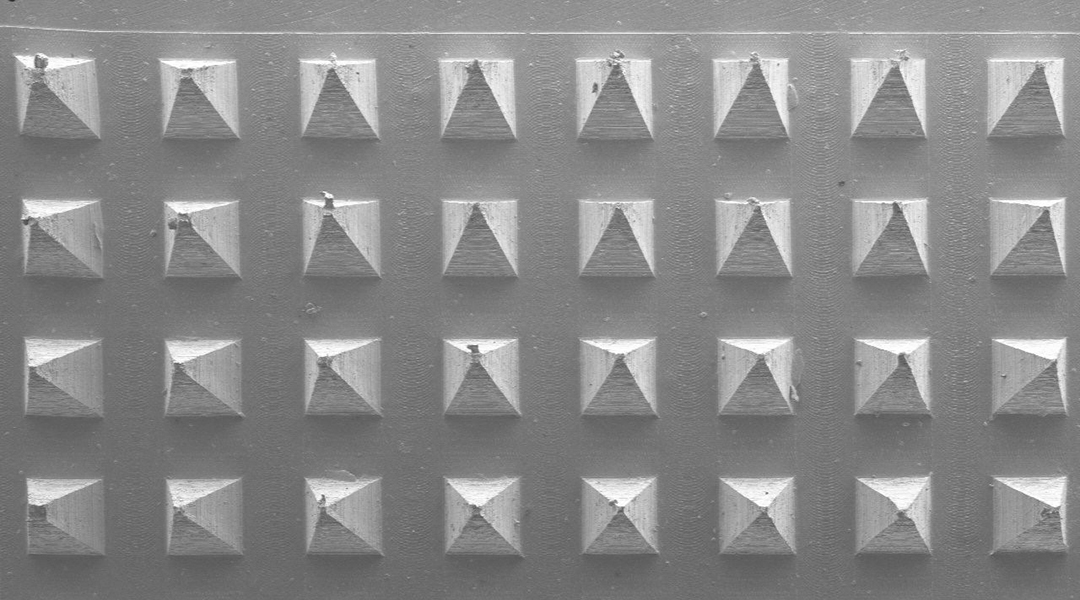
Minimally invasive delivery of capsaicin into adipose tissues under the skin shows promise for countering obesity.
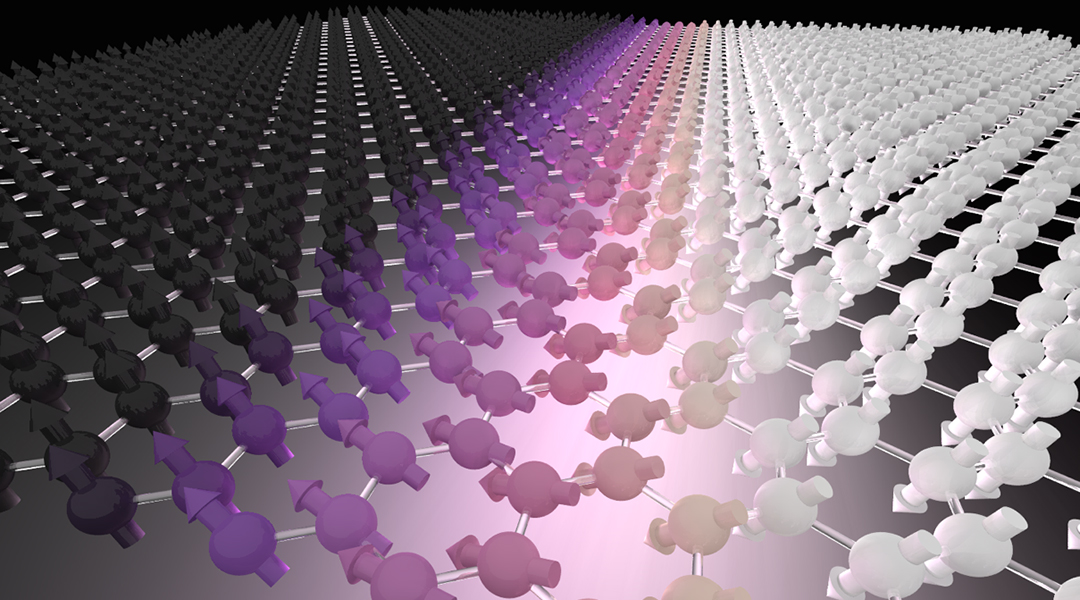
Using theoretical and experimental analysis, researchers aim to better understand the novel and intriguing magnetic properties of 2D materials for the next generation of information technologies.

Researchers were able to detect a “needle” of highly fragile quantum information in a “haystack” of nuclei.

Moisture-resistant mask filters made from compostable and abundant materials could help curb plastic pollution as a result of the pandemic.
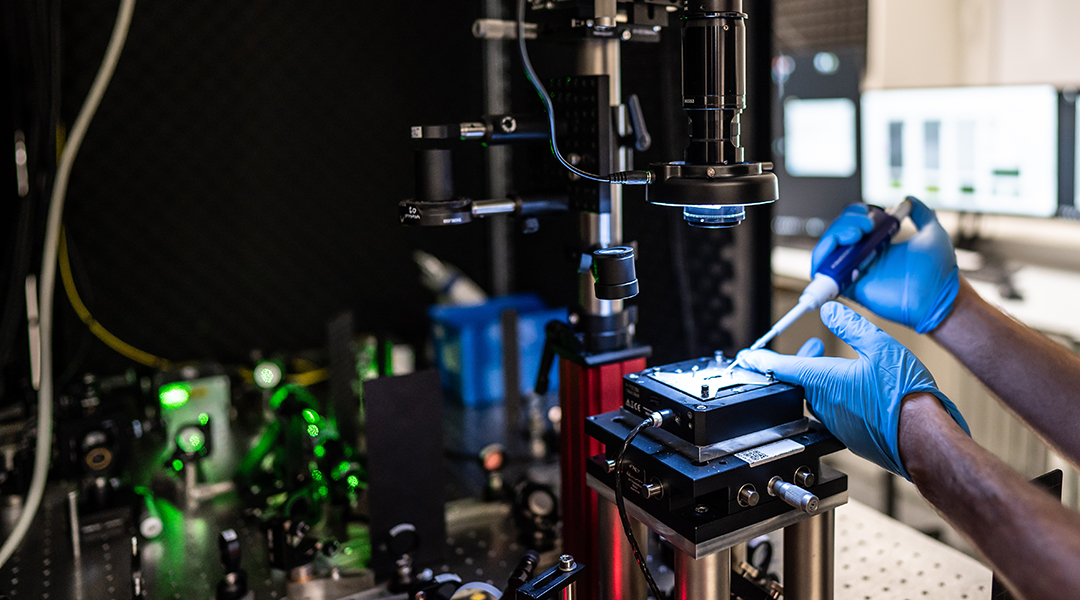
A new method with unprecedented resolution allows researchers to visualize dynamic and elusive mechanisms that underpin essential biological processes, such as cell division.
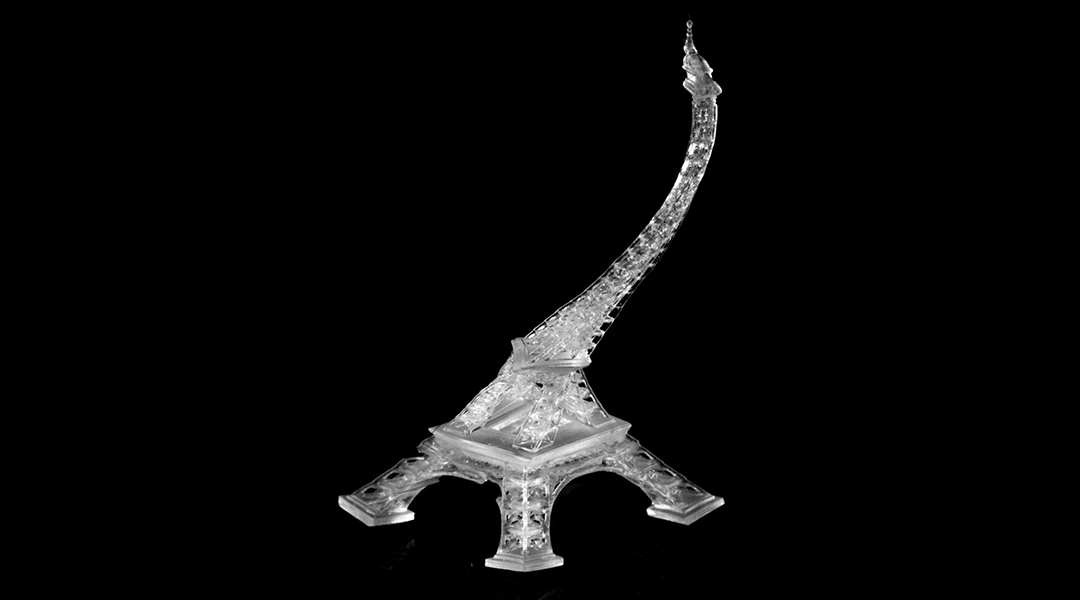
Light provides freedom to control each layer and improves precision and speed.
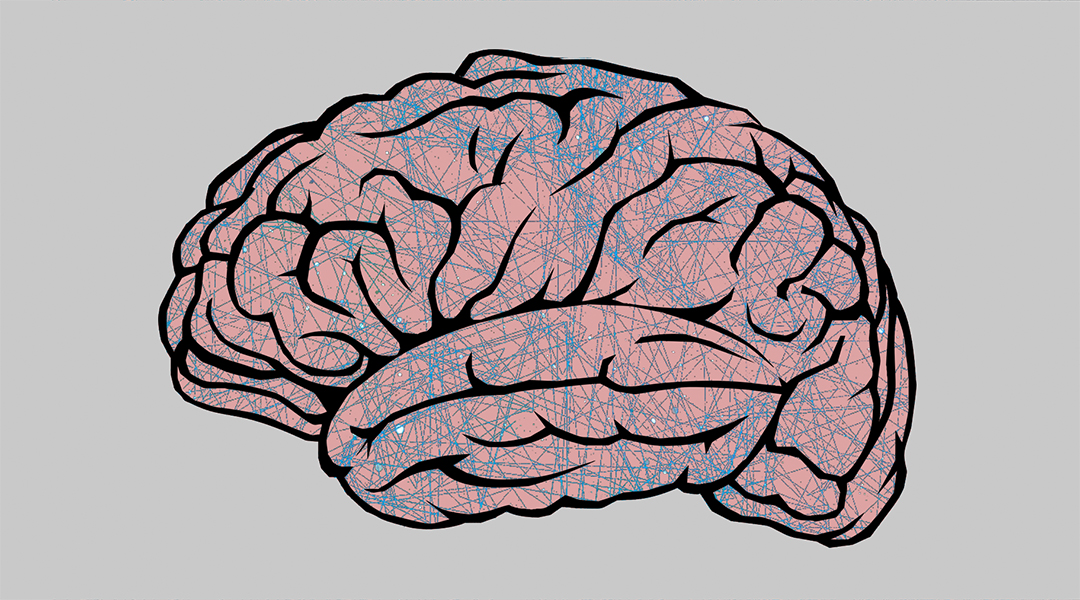
An intelligent material that learns by physically changing itself, similar to how the human brain works, could be the foundation of a completely new generation of computers.

Thanks to ultra-thin sensors and artificial muscles, future flexible microelectronics will be able to take on complex shapes to better interface with delicate biological tissues without causing damage.
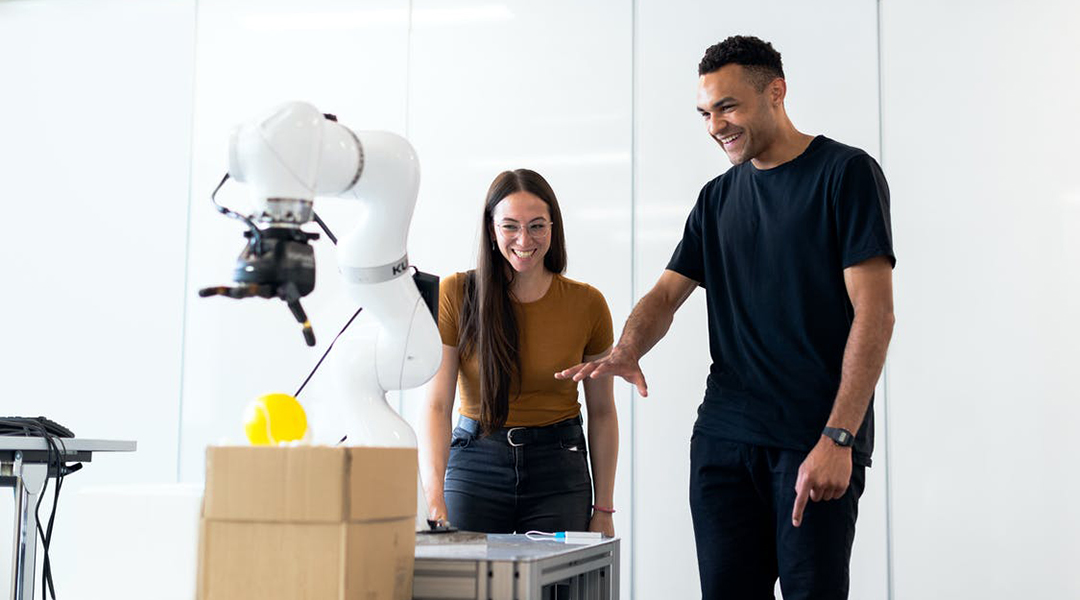
Building inclusive education systems will be key to ensuring no one is left behind and that advances in AI and robotics benefit everyone in society.